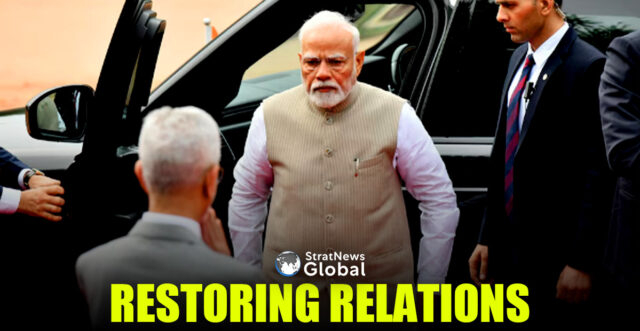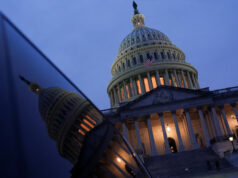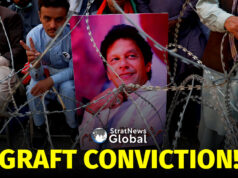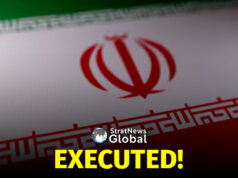Prime Minister Narendra Modi on Friday confirmed that he will attend the 51st G7 Summit in Canada later this month, following an invitation extended by Canadian Prime Minister Mark Carney.
The summit, scheduled to be held in Kananaskis from June 15 to 17, will mark Modi’s first visit to Canada since relations between the two countries sharply deteriorated last year.
Taking to the social media platform X, PM Modi wrote, “Glad to receive a call from Prime Minister @MarkJCarney of Canada. Congratulated him on his recent election victory and thanked him for the invitation to the G7 Summit in Kananaskis later this month. As vibrant democracies bound by deep people-to-people ties, India and Canada will work together with renewed vigour, guided by mutual respect and shared interests. Look forward to our meeting at the Summit.”
His confirmation comes after weeks of speculation suggesting he might skip the gathering due to the strained diplomatic atmosphere between New Delhi and Ottawa.
Nijjar Row
India-Canada relations have remained tense following accusations made by former Canadian Prime Minister Justin Trudeau, who alleged Indian involvement in the killing of Khalistani separatist Hardeep Singh Nijjar on Canadian soil—a claim India has vehemently denied due to lack of evidence.
The fallout from Trudeau’s claims saw both countries expelling each other’s diplomats, freezing trade talks, and witnessing a general cooling of bilateral engagement. Indian officials have consistently maintained that Canada has not done enough to curb extremist and anti-India elements operating within its borders, including those linked to the Khalistan movement.
In the lead-up to the G7, Sikh separatist groups had publicly urged Carney’s government to rescind Modi’s invitation, arguing that India has not cooperated with Canadian authorities investigating Nijjar’s murder. However, Carney has appeared keen to reset bilateral dynamics, focusing instead on trade and economic dialogue as a neutral platform for engagement.
Rebuilding Ties
Though Carney has not publicly revisited the Nijjar controversy, his outreach to PM Modi and emphasis on trade diplomacy signal a desire to move past the impasse inherited from his predecessor.
Modi’s decision to accept the G7 invite is being seen as a strategic move by New Delhi to reopen lines of communication while maintaining its firm stance on sovereignty and diplomatic safety.
India is pressing Canada to guarantee the security of its diplomats and to act firmly against elements inciting anti-India violence.
Observers believe a bilateral meeting between Modi and Carney on the G7 sidelines could provide a valuable window to de-escalate tensions and reframe the relationship on a more pragmatic footing.
Both leaders have hinted at a willingness to engage constructively, though underlying mistrust remains.
India views Carney’s tone as more measured than Trudeau’s and hopes for a more balanced approach moving forward. At the same time, Ottawa has made it clear that it does not accept sole responsibility for the current downturn in relations.
As the G7 Summit approaches, all eyes will be on whether the event serves merely as a symbolic gesture or the first substantive step toward mending a fractured partnership.
(With inputs from IBNS)





